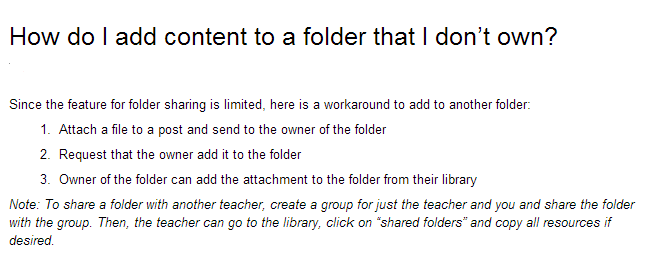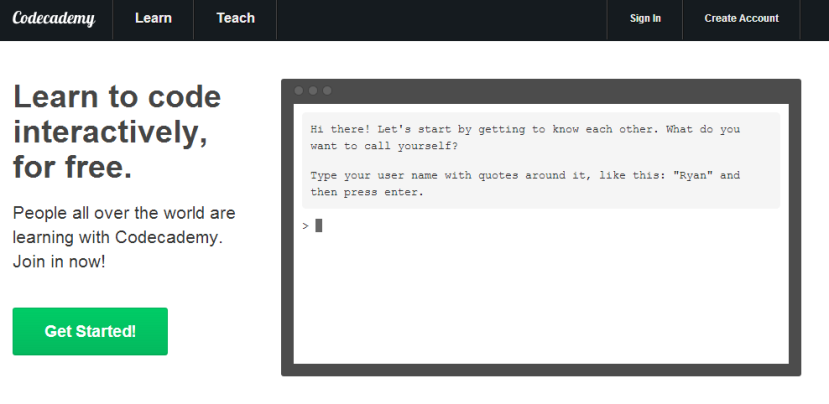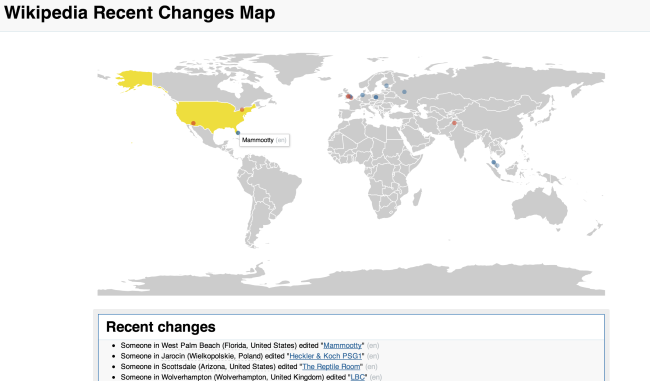Genius help message

So, I think this is telling me that the way to add content to a folder that I don’t own is…
…to send the content to the person that owns the folder and ask them to add it.
Genius. Why didn’t I think of that?
What genius help messages have you come across?
Learn to code with Codecademy
What’s wrong with this picture?
Code.org ask: What’s wrong with this picture?

Free eBooks from Microsoft
Eric Ligman at Microsoft has posted a list of free eBooks. While quite specific to Microsoft products and technologies, there’s some interesting topics, including a look at TCP/IP in Microsoft Server and how to create apps for Windows 8 with HTML.
Have a conversation with Google
Danny Sullivan takes Google’s voice-based search through its paces. You can too, you just need to be using a recent version of Chrome.
Typography for the web
Smashing Magazine has a comprehensive review of the state of typography on the web. It’s a long read, but worth it if you’re serious about how your stuff looks on the web.
How to tweet when you’re not there
When you see a tweet it’s tempting to think that the person who sent it is using their computer or phone RightNowTM. That’s not always the case. You see, computers can Tweet too. It doesn’t have to be a real person. The picture below shows a list of Tweets for @toacomputing queued up ready to be posted. The app posts one each day.
This doesn’t just apply to Tweets. Computers can do all sorts of clever things for us while we’re asleep / on holiday / in class but not paying attention. Here’s another example from Raymond’s blog. Rather extreme perhaps.
Internet Archive
The term ‘The Dark Ages‘ has come to mean a period in history that we know very little about, in large part because today we lack any historical records that can shed light on that period of time. If it wasn’t written down in some form that survived until today then we don’t know about it and hence think of the period as dark.
The amazing thing (if you stop and think about it) about writing things down on something like vellum or paper is:
- you don’t need any special equipment to read it
- it can survive for 100s or 1,000s of years
How long do you think this post on the internet will last?
What special equipment are you using to read it right now?
Will that equipment be around 50, 150, 250 years from now?
The Internet Archive attempts to store some of the most important (in its opinion) parts of the internet as a series of snapshots. You’ll find it at the appropriately named URL: http://www.archive.org and can read more about it in this Guardian article.
It’s a modern day Library of Alexandria.
Thinking a little closer to home, how do you make sure that all the digital things in your life – music, pictures, contacts, email from friends, Facebook posts, tweets, videos – are archived? Have you got your own mini-Internet Archive of the things you treasure? If not, why not?
Wikipedia Edits
Watch anonymous changes to wikipedia in realtime on this map:



